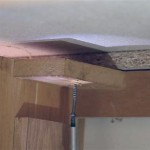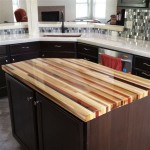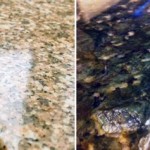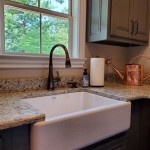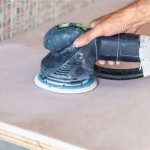Do You Need To Seal Granite Countertops
Granite countertops are a popular choice for kitchens and bathrooms because they are durable, beautiful, and relatively easy to care for. However, granite is a natural stone, and like all natural stones, it is porous. This means that it can absorb liquids and stains, which can damage the surface of the stone. To protect your granite countertops from stains and damage, it is important to seal them.
Granite sealers are available in a variety of types, including topical sealers, penetrating sealers, and impregnating sealers. Topical sealers form a protective layer on the surface of the granite, while penetrating sealers soak into the stone and fill the pores. Impregnating sealers are the most effective type of sealer, as they both penetrate the stone and form a protective layer on the surface.
The frequency with which you need to seal your granite countertops will depend on the type of sealer you use and the amount of use the countertops receive. Topical sealers typically need to be reapplied every few months, while penetrating sealers and impregnating sealers can last for several years.
If you are unsure whether or not your granite countertops need to be sealed, you can perform a simple test. Place a few drops of water on the surface of the stone. If the water beads up and does not absorb into the stone, then the countertops are sealed. If the water absorbs into the stone, then the countertops need to be sealed.
Sealing your granite countertops is a simple and effective way to protect them from stains and damage. By following these simple steps, you can keep your granite countertops looking their best for years to come.
Benefits of Sealing Granite Countertops
There are many benefits to sealing granite countertops, including:
- Protects against stains and damage
- Makes the surface easier to clean
- Enhances the appearance of the stone
- Extends the life of the countertops
How to Seal Granite Countertops
Sealing granite countertops is a simple process that can be done in a few steps.
- Clean the countertops thoroughly with a mild detergent and water. Be sure to rinse the countertops thoroughly and allow them to dry completely.
- Apply the sealer according to the manufacturer's instructions. Be sure to apply the sealer evenly and allow it to dry completely before using the countertops.
- Once the sealer has dried, buff the countertops with a soft cloth to remove any excess sealer.
- Use a high-quality sealer. Not all sealers are created equal. Be sure to choose a sealer that is specifically designed for granite countertops.
- Apply the sealer in a well-ventilated area. Sealers can emit strong fumes, so it is important to apply them in a well-ventilated area.
- Allow the sealer to dry completely before using the countertops. This will ensure that the sealer has had time to bond with the stone.
- Reseal the countertops every few years. The frequency with which you need to reseal your countertops will depend on the type of sealer you use and the amount of use the countertops receive.
Tips for Sealing Granite Countertops
Here are a few tips for sealing granite countertops:

Granite Paste Sealer How To Seal Eagle Stones Marble

How To Treat Seal Granite Marble Countertops Lesher

How Often Should You Seal Granite Countertops Eagle Stones

Is It Necessary To Seal Stone
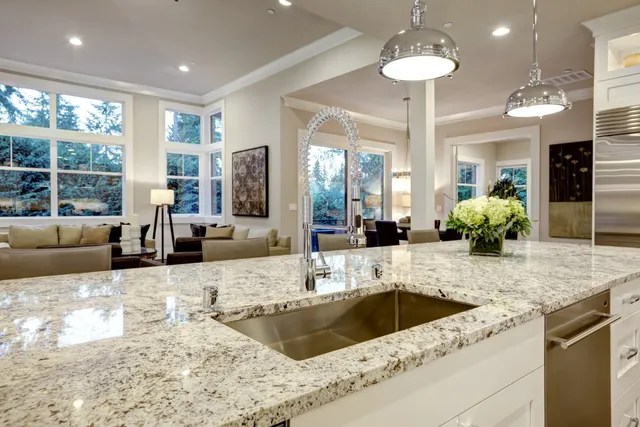
How Often Do You Have To Seal Granite Counters

How To Seal Granite Countertops

How A Sealer Protects Your Granite Countertops

How To Clean Seal And Polish Granite Countertops Pro Housekeepers

Sealing Countertops Tips Tricks Sims Lohman Fine Kitchens And Granite

How To Clean Seal And Polish Granite Countertops Pro Housekeepers
See Also

